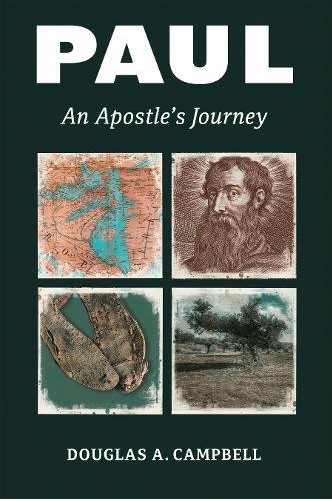Was Paul an apostate from Judaism? We know from the Christian angle that Paul was an apostle. But from the Jewish angle, was Paul an apostate? One of the most prolific NT scholars today is my own professor, J.D.G. (Jimmy) Dunn, and his newest book, Jesus, Paul, and the Gospels, jumps into the question above.
Do you think the apostle Paul created a kind of Judaism or a new religion? Did he seem himself as within Judaism or outside Judaism?
 Remember that Paul’s use of this term “apostle” was contested by his contemporaries, though it is not always clear with whom Paul is going toe to toe in his letters. Remember, too, that Paul did not meet the requirements for an apostle in Acts 1:21-22 for he was not with Jesus from the baptism of John on and neither was a witness to the resurrection in those forty days.
Remember that Paul’s use of this term “apostle” was contested by his contemporaries, though it is not always clear with whom Paul is going toe to toe in his letters. Remember, too, that Paul did not meet the requirements for an apostle in Acts 1:21-22 for he was not with Jesus from the baptism of John on and neither was a witness to the resurrection in those forty days.
But Paul defended himself by showing, first, that he was an exception in that he saw the resurrected Christ but, second, because he was directly commissioned by Christ. And it was his mission that shaped Paul significantly: he was an apostle of the gospel for the Gentiles. This Gentile focus was powerful and innovative.
Jimmy observes that Judaism was not a missionary religion but that Paul was clearly a missionary who sought to get converts from among the Gentiles to the messianic faith.
It is here that Jimmy makes a very important case: Paul’s apostleship was anchored in both Jeremiah 1:5 and Isaiah 49:1-6, and what he means is that his apostolic calling was the calling to extend Israel to the Gentiles. His calling was to be a light to the nations. It was as an Israelite that Paul was an apostle to the Gentiles, and as an apostle to the Gentiles Paul was fully an Israelite. Paul was no apostate; he was an apostle of Christ and for Israel.
Dunn also develops the eschatological perspective on Paul, namely that the curtain of history was coming down and he was playing a role in that drama. He appeals to 1 Corinthians 4:9, Romans 11:13-15 and Colossians 1:24.
Dunn here wonders aloud if Paul’s presence in the canon is not a bit awkward, or at least the early Paul, and he wonders if the taming of Paul in the Acts and in the Pastorals didn’t mollify the image of Paul so that he could be sustained. Do you see this discomfort with the early Paul? But he also wonders if our discomfort with Paul might be because we are in need of listening anew to the Spirit who inspired Paul to those radical endeavors.











